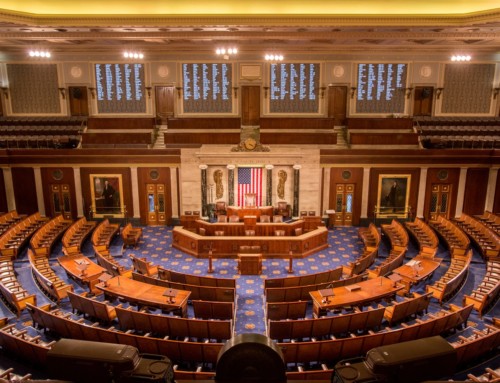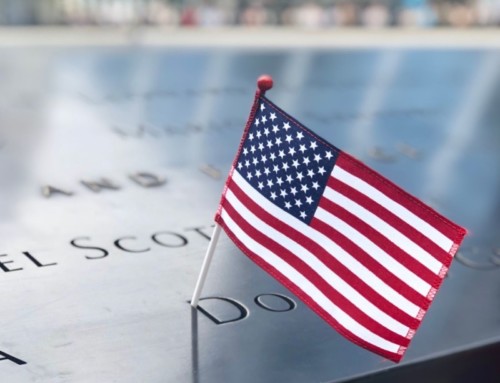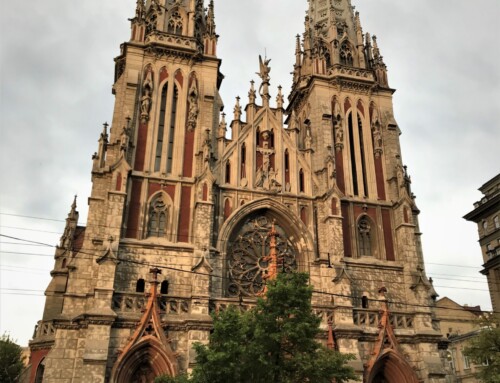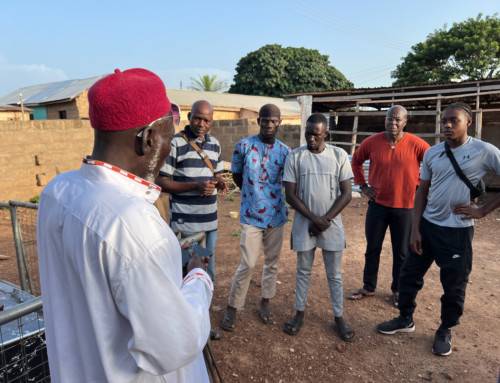
Credit: Getty Images
Speaking only for myself, Martin Luther King, Jr. occupies a permanent spot on a short list of historical figures I wish I could have met in person. He would have made me profoundly uncomfortable, as all great moral teachers should. After all, I am precisely the sort of person MLK believed represented the greatest threat to black Americans – I am the white moderate.
It’s easy to forget why the FBI wire-tapped King’s home looking for evidence of treason. Or why in 1966 white Chicagoans struck him with rocks and bottles. Why law enforcement officers in Alabama deputized white men and armed them with clubs on Bloody Sunday and why King was murdered while standing on a Memphis hotel balcony in 1968. In August of 1966, a Gallup poll found that nearly two-in-three Americans viewed Dr. King unfavorably. During the final years of his life, King was profoundly disliked by most white Americans.
But today we have statues and boulevards and a holiday honoring his name. How can that be? It’s common to gloss over the more provocative elements of Dr. King’s legacy. He accused the United States government of testing weapons on Vietnamese civilians and compared American violence to Nazi Germany testing its own horrors in European concentration camps. He referred to whites as the “oppressor race” and believed capitalism was morally comparable to racism. He claimed “white moderates,” not members of the Ku Klux Klan, represented the greatest threat to African-American well-being in the United States. King adamantly argued that structural racism was embedded in the political and economic foundations of America.
Dare we imagine 2020’s response to a radical black socialist who attracted crowds in the hundreds of thousands, accused America of war crimes, and believed wealth redistribution was the only valid Christian response to poverty? Take a second and imagine those Trump tweets.
However, violence isn’t what we temperate white folks do today – it’s much easier to take selfies with statues and blithely quote from the “I Have a Dream” speech: “I have a dream that my four little children will one day live in a nation where they will not be judged by the color of their skin, but by the content of their character.” That’s nice, right? Who could disagree? Send tweet.
I want to learn a different lesson from Dr. King. So many compelling moments of moral clarity are articulated from behind prison cell bars. Think Nelson Mandela, Saint Paul, and Dietrich Bonhoeffer: resistors who all had something prophetic and dangerous to say about the injustices of worldly powers. Dr. King’s “Letter from a Birmingham Jail” offers a rebuke to those of us who dare compromise our deepest principles for political and social gain. He writes:
“Human progress never rolls in on wheels of inevitability; it comes through the tireless efforts of men willing to be co-workers with God, and without this hard work, time itself becomes an ally of the forces of social stagnation. We must use time creatively, in the knowledge that the time is always ripe to do right. Now is the time to make real the promise of democracy and transform our pending national elegy into a creative psalm of brotherhood. Now is the time to lift our national policy from the quicksand of racial injustice to the solid rock of human dignity.”
Amen. As each of us stares down the gauntlet of what may come in 2020, and whatever our personal or ideological persuasions may be, let us recall the true cost of seeking justice and summon the courage of conscience to do what is right. Anything less fails to honor the life and sacrifice of Dr. Martin Luther King, Jr., today’s namesake.




